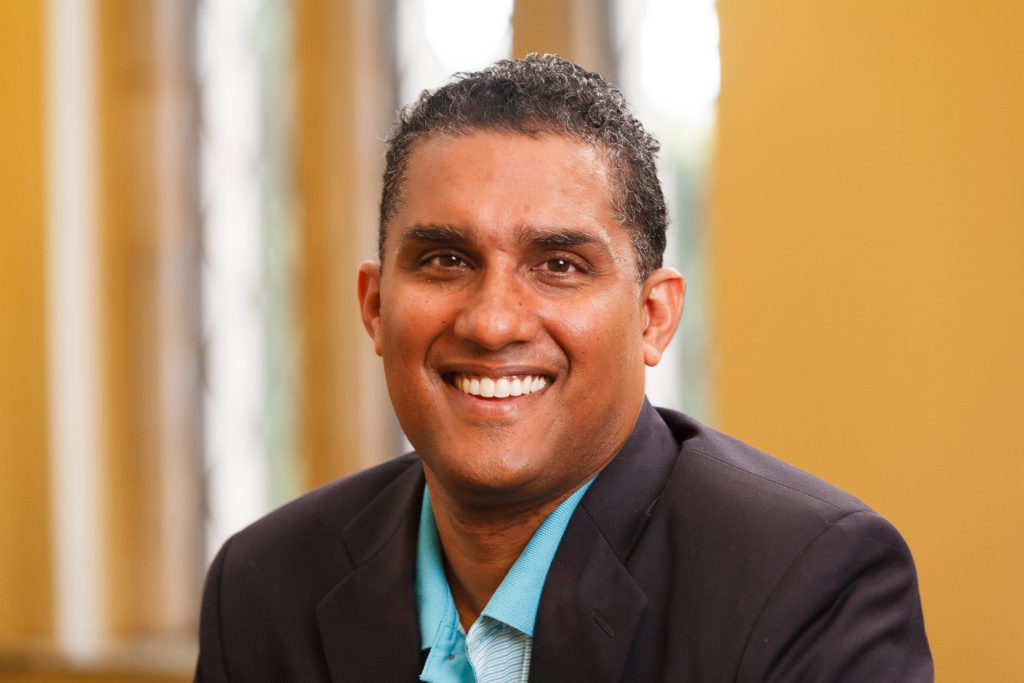 On University of Richmond Week: How many people are enslaved today?
On University of Richmond Week: How many people are enslaved today?
Monti Datta, associate professor of political science, says it might be more than you think.
Monti Datta is an associate professor of political science at the University of Richmond, where he teaches classes on international relations, research methods, global governance, anti-Americanism & world opinion, and human rights & modern day slavery.
How Many People Are Enslaved Today?
Modern slavery is a crime against humanity. Although some types of enslavement, like sex trafficking, are widely known, others hide in plain sight.
But exactly how many people live in slavery today? Calculating its prevalence is like finding a needle in a haystack. A valid figure is essential for better policies to free enslaved persons and help them make the difficult transition to liberation.
A valid figure has unfortunately proven to be elusive. Even the definition of modern slavery remains in flux, and for researchers – nuances matter when it comes to estimating the number of people enslaved.
Some organizations include forced marriage in their estimates of modern slavery; others do not. Still others disagree about when harsh labor conditions merit the label “enslavement.”
Researchers have struggled to estimate the number of people enslaved within the U.S.
In 2004, the U.S. State Department reported that, at any given moment, there were 14,500 to 17,500 people trafficked in the U.S. But this research could not be replicated and verified.
For a long time, global and regional players that track this sort of data would seldom share information, leading to different estimates. But the landscape is slowly changing.
Through new partnerships, more nonprofit organizations and countries are beginning to meet and share their data. Scholars are also getting more involved and applying novel estimation techniques that are cost-effective.
The public may never know the true number of persons enslaved today, because modern slavery is a hidden crime. But more precise estimates can begin to shed more light on who is enslaved and where. If the public doesn’t know who today’s enslaved are and where they are, their presence will remain invisible.
Read More:
This essay was excerpted by the author from a piece originally written for The Conversation.
